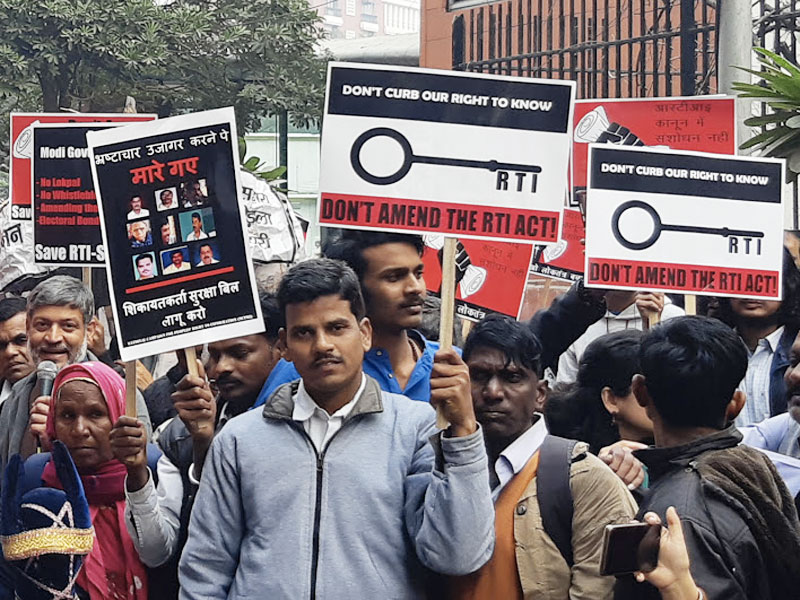How the broad interpretation of personal information is disarming the RTI act

In the case of Girish R Deshpande vs Central Information Commissioner, the Supreme Court order, passed by a division bench of Dipak Misra and KS Radhakrishnan, states that income tax returns, assets, liabilities, official orders and performance records of public officers are personal information and can be exempted under Section 8(1)(j) of the RTI Act of 2005. The provision exempts from disclosure any personal information that does not serve a larger public interest, or when it can result in the invasion of a person’s privacy. But the broad interpretation of this clause has weakened the RTI Act, allowing authorities to withhold information and protect public officials from public scrutiny.
In August 2013, the department of personnel and training, or DoPT—the nodal agency that implements the RTI act—issued an office memorandum stating that complaints against officials and the action taken against them comes under the category of personal information and is therefore exempt from disclosure under the RTI act. “This office memorandum is the single most problem faced by every information commissioner in the country,” Sridhar Acharyulu, a former central information commissioner, said. “The CIC can’t even take action against information officers for denying information because they are quoting the DoPT order. If the government is sincere about implementing transparency in public offices, the office memorandum should be withdrawn.”
The DoPT memorandum drew primarily on the Desphande order. According to Acharyulu, Gandhi’s request is only one among lakhs of RTI requests and thousands of appeals that have been similarly rejected citing the Deshpande order. Yet, legal experts, former information commissioners and RTI activists I spoke to said that the order violates the RTI act and goes against the guarantee of information derived from Article 19 of the constitution...
Despite such Supreme Court orders, Venkatesh Nayak, an RTI activist, noted that the DoPT is more enthusiastic about choosing court orders which are beneficial to public officers. “The judgments by the Supreme Court and high courts promoting the RTI and expanding transparency are not being translated into office memorandums,” Nayak said. Read the full story.